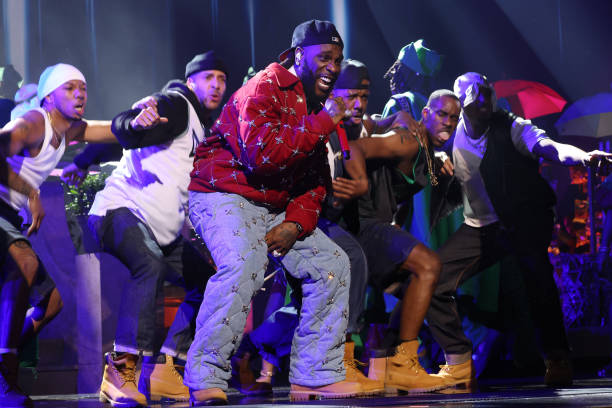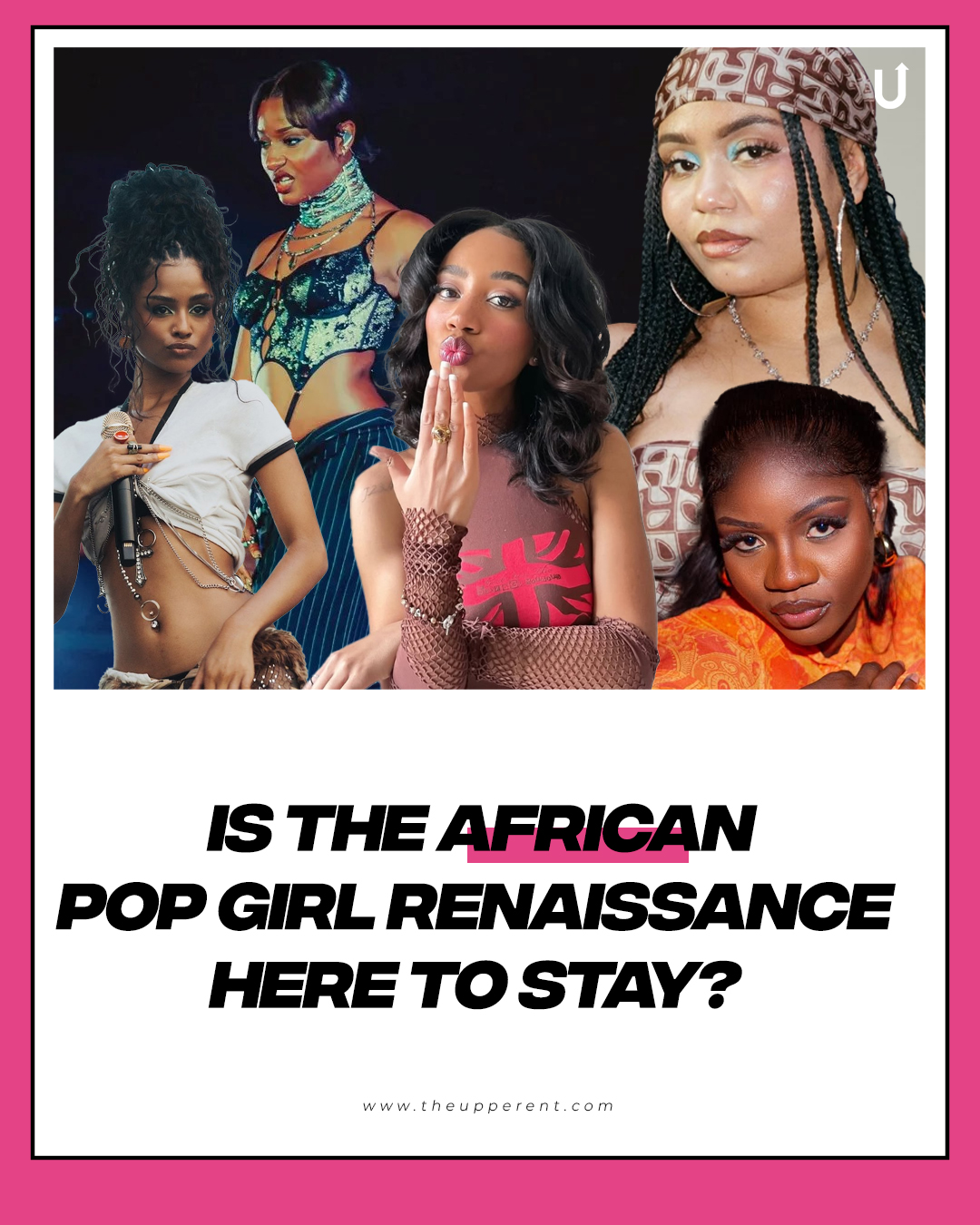
The Grammy Awards have a history of playing catch-up with the culture, and this year is no different. For the first time ever, every single artist nominated for Best African Music Performance is an Afrobeats act—a fact that speaks volumes about where global pop is headed. But let’s get one thing straight: Afrobeats didn’t need a Grammy category to prove it’s already won.
For years, the Recording Academy lumped African music into vague, catch-all categories like “Best World Music Album” (which they eventually rebranded as “Best Global Music Album” after realizing how outdated it sounded). But in 2024, Afrobeats forced the industry’s hand.
Now, with the Best African Music Performance at the 67th Grammys, every single nominee is an Afrobeats heavyweight: Burna Boy, Asake & Wizkid, Davido (via Chris Brown’s “Sensational”), Yemi Alade, and Tems. No Amapiano. No Francophone pop. No highlife. Just Afrobeats.
The Grammys Are Late to the Party—Again
If the Grammys had their ears to the streets, this category would’ve been introduced at least five years ago. Afrobeats has been running the charts, clubs, and festival circuits for over a decade, with artists selling out arenas in cities far removed from Lagos or Accra. Wizkid’s Made in Lagos became a Billboard juggernaut. Burna Boy filled Madison Square Garden. Davido and Tems have crossed over with ease, landing global hits with some of pop’s biggest names.
Afrobeats didn’t just break into the mainstream—it is in the mainstream circle. Labels are scrambling to sign African talent. Streaming numbers are off the charts. TikTok trends have turned Nigerian street anthems into global obsessions. The industry is finally recognizing what the fans have known for years: Afrobeats isn’t a subgenre, a trend, or an “emerging sound.” It’s a dominant cultural force.
A Grammy Win Would Be Nice, But It’s Not the Validation Afrobeats Needs
Let’s be honest—the Grammys don’t define greatness. If they did, Beyoncé wouldn’t still be waiting for Album of the Year, and The Weeknd wouldn’t have boycotted them after being shut out. For decades, the Recording Academy has struggled to understand Black music in all its forms, often under-awarding hip-hop, R&B, and now, Afrobeats.
Sure, winning would be a flex. It would give the genre an official moment in the history books. It would be a symbolic victory, a stamp of recognition that would look good in headlines. But Afrobeats doesn’t need the Grammys the way the Grammys need Afrobeats.
Whether Burna, Tems, Asake, Wizkid, or Yemi Alade takes home the trophy, the genre’s trajectory won’t change. Afrobeats is still getting the biggest festival slots. It’s still shaping the future of global pop. And it’s still proving, over and over, that the world dances to an African rhythm—Grammy or not.
Final Thought: The Culture Has Already Moved On
The most telling part? The Afrobeats movement isn’t waiting for the Grammys to catch up. Afrobeats artists are making major moves with or without industry co-signs. The biggest streaming platforms, labels, and pop stars have already adjusted their strategies to keep up with the sound that’s taken over the world.
So, when the Grammy envelope is torn open and the winner is announced, it won’t change the inevitable: Afrobeats has already won. The Grammys are just late to the party.




